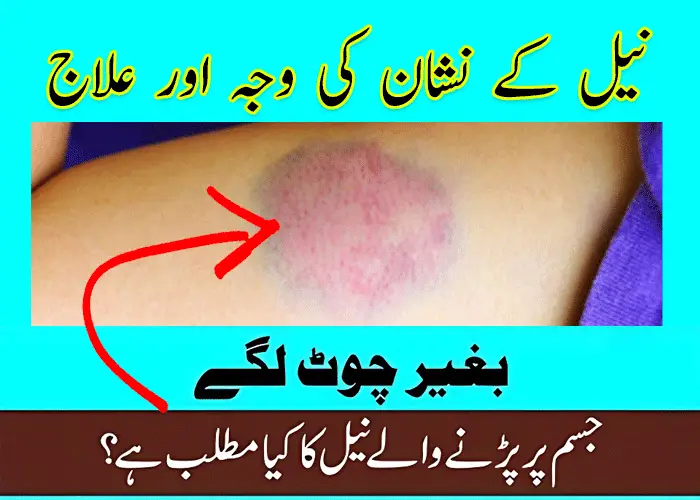
Muscle pain (Pathon Ki Kamzori) is a common symptom that can affect any part of the body. Various reasons like injuries, infections, diseases, medicines or overuse of muscles can cause it. Muscle pain symptoms are swelling, stiffness and tenderness.
Muscle Cramps Treatment
Pathon Ki Kamzori Ka Ilaj in Urdu by Dr Sharafat Ali Agr Ap ko neck pain hoti hai, پٹھوں کی کمزوری ya raat ko tango main bechani aur dard hota hai ya shoulder pain to yeh sab pathon ki kamzori ki alamat hai. Pathon Ka Khichao, Pathon ki kamzori ka desi ilaj ke liay exercise aur nuskha dekhain nechy video main.
Muscle pain causes
Some of the most common causes of muscle pain are:
Muscle tension or stress: This can occur when you hold your muscles in a tight or awkward position for a long time, such as when working at a computer or driving. This can lead to stiffness and soreness in the affected muscles.
Overuse or injury: This can happen when you perform a physical activity that your muscles are not used to, such as lifting heavy objects or exercising. This can cause microscopic tears in the muscle fibers, which trigger inflammation and pain. This type of muscle pain usually appears 6 to 12 hours after the activity and lasts up to 48 hours.
Sprains and strains: These are injuries to the ligaments and tendons that connect the muscles to the bones and joints. They can occur when you twist, stretch or pull a muscle beyond its normal range of motion. They can cause swelling, bruising and pain in the affected area.
Infections: Some viral or bacterial infections can cause muscle pain as part of the immune system’s response to fight off the infection. Examples include colds flu, Lyme disease, malaria and trichinosis.
Autoimmune diseases: These are conditions where the immune system mistakenly attacks the body’s own tissues, causing inflammation and damage. Some autoimmune diseases that can affect the muscles include lupus, multiple sclerosis, inflammatory myopathies and rheumatoid arthritis.
Medicines: Some drugs or therapies can cause muscle pain as a side effect or an allergic reaction. Examples include statins (used to lower cholesterol), ACE inhibitors (used to treat high blood pressure), chemotherapy and radiation therapy (used to treat cancer).
Thyroid problems: The thyroid gland produces hormones that regulate the metabolism and energy levels of the body. If the thyroid gland produces too much or too little hormones, it can affect the function and health of the muscles.
Hypothyroidism (low thyroid hormone) can cause muscle weakness, fatigue and pain. Hyperthyroidism (high thyroid hormone) can cause muscle tremors, spasms and cramps.
Low potassium: Potassium is an electrolyte that helps regulate the body’s fluid balance and nerve signals. If the potassium level in the blood is too low (hypokalemia), it can cause muscle weakness, twitching and cramping.
Muscle Pain Treatment
There are several things you can do to treat muscle pain including:
Rest: Taking a break from the activity that caused or worsened the pain can help prevent further damage and promote healing.
Ice or heat: Applying ice packs or warm compresses to the painful area can help reduce inflammation and ease pain. Ice is usually recommended for acute injuries (within 48 hours), while heat is more suitable for chronic conditions (after 48 hours).
Pain relievers: Medicines such as ibuprofen or acetaminophen can help reduce pain and inflammation.
Stretching: Gently stretching the affected muscles can help improve blood flow and flexibility, and prevent stiffness and spasms.
Massage: Massaging the painful muscles can help relax them and improve circulation. You can use your hands or a foam roller to apply gentle pressure to the sore spots.
Hydration: Drinking plenty of water can help prevent dehydration, which can worsen muscle cramps and spasms.






